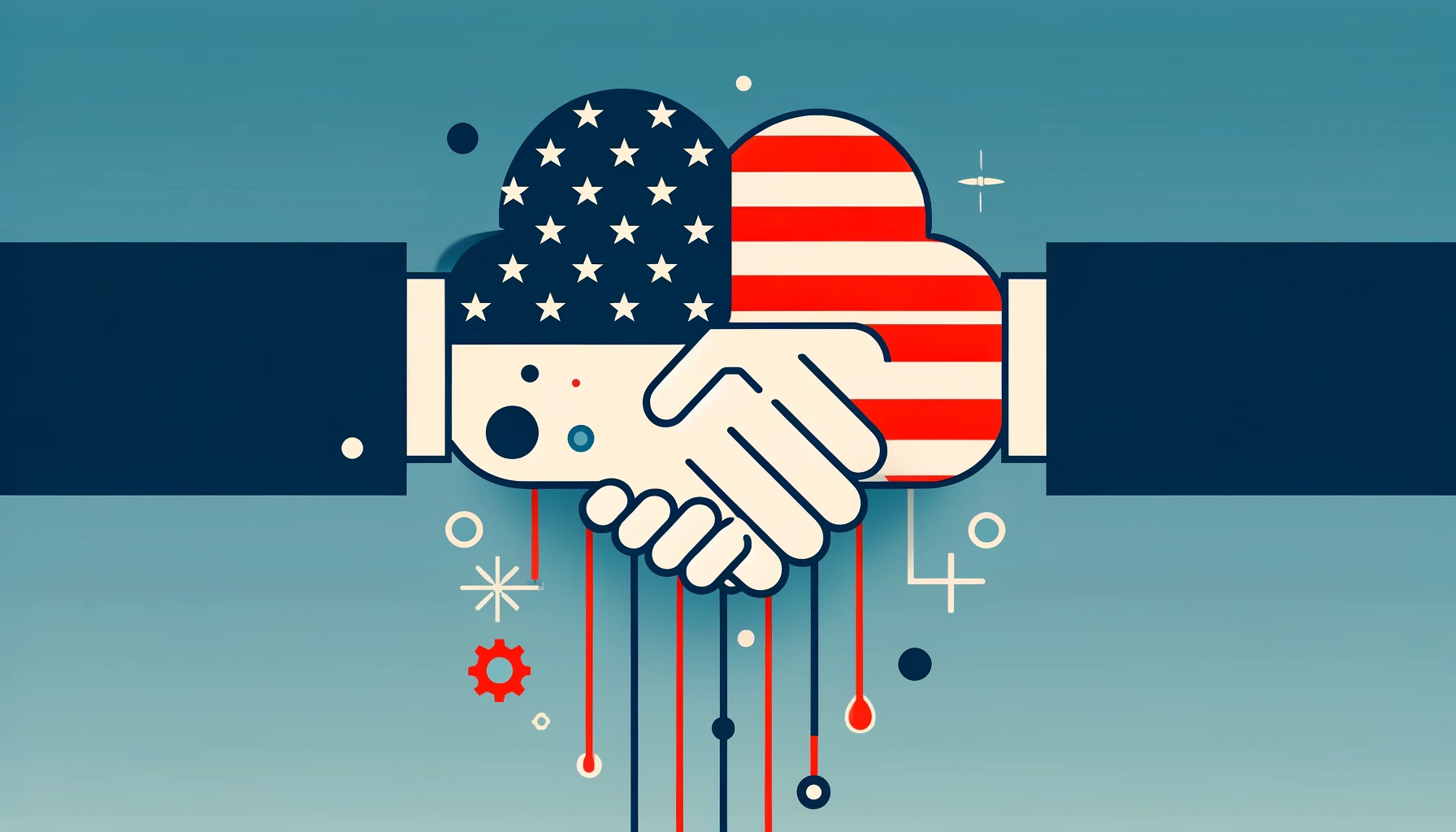
In a significant development in the global technology landscape, Microsoft has announced a strategic investment of $1.5 billion in G42, an influential Abu Dhabi-based AI company. This investment not only enhances Microsoft’s presence in the Gulf region but also marks a pivotal moment in the ongoing tech war between the U.S. and China.
G42 has emerged as a powerhouse in the UAE’s ambition to lead globally in artificial intelligence. With this deal, Brad Smith, Microsoft’s Vice Chair and President, will join G42’s board of directors, signifying deepening ties between the tech giant and the Gulf state.
The investment goes beyond simple commercial interests. It represents a strategic alignment amid escalating geopolitical tensions, particularly concerning the technological rivalry between the U.S. and China. G42’s connections with Chinese enterprises have been a point of contention among U.S. policymakers, drawing attention from the bipartisan House Select Committee on the Chinese Communist Party.
Earlier this year, the Committee urged the Commerce Secretary to consider placing G42 on the Entity List, which restricts access to sensitive U.S. technology. This would align G42 with companies like Huawei, which faced similar restrictions in 2019. The concern is that G42’s ties with China could potentially make it a conduit for Chinese access to critical U.S. technologies.
- Investment Value: $1.5 billion by Microsoft into G42.
- Board Representation: Microsoft’s Brad Smith will join G42’s board.
- Strategic Implications: Seen as an indicator of the UAE’s technological allegiance in the U.S.-China tech rivalry.
The UAE has historically been an ally of the U.S. but has recently diversified its international relationships, notably by expanding its ties with China. This includes military collaborations and welcoming Chinese venture capital as U.S. investment retreats due to regulatory pressures.
The G42 deal appears as an attempt by the UAE to balance its technological and economic partnerships between the two superpowers. The Microsoft investment could be seen as the UAE leaning towards the U.S. sphere, particularly as it involves substantial commitments to using Microsoft’s Azure platform for AI development and other technological infrastructures.
- Russian Relations: UAE’s participation in Russia’s economic forum amid the Ukraine conflict.
- Chinese Partnerships: Increased military cooperation and Chinese investment in the UAE economy.
The partnership between Microsoft and G42 is not just a corporate agreement but is backed by assurances to both the U.S. and UAE governments. This involves a binding agreement to adhere to best practices in AI development and deployment, ensuring security and trust.
Overview of Microsoft-G42 Strategic Partnership
| Aspect | Detail |
|---|---|
| Investment Amount | $1.5 billion |
| Strategic Benefit | Access to Gulf AI market, board seat |
| Security Agreement | Ensures compliance with U.S. standards |
| Cloud Infrastructure | G42 to use Microsoft Azure |
| Future Initiatives | $1 billion fund for AI skills in the region |
For Microsoft, the deal opens up extensive market access in the Gulf, where its AI solutions and cloud services will be implemented across various sectors including finance, healthcare, energy, and education. The partnership also includes a commitment to launch a $1 billion fund to enhance AI skills in the UAE and neighboring regions.
As global tech companies navigate the complex terrain of international politics and market dynamics, deals like the Microsoft-G42 partnership illustrate the broader strategic moves at play. The Gulf region, with its strategic geopolitical position and economic significance, continues to be a focal point in the U.S.-China tech standoff. The developments around G42 underscore the ongoing challenges and opportunities as nations and companies maneuver in a highly interconnected but politically charged global environment.
Related News:
Featured Image courtesy of DALL-E by ChatGPT
